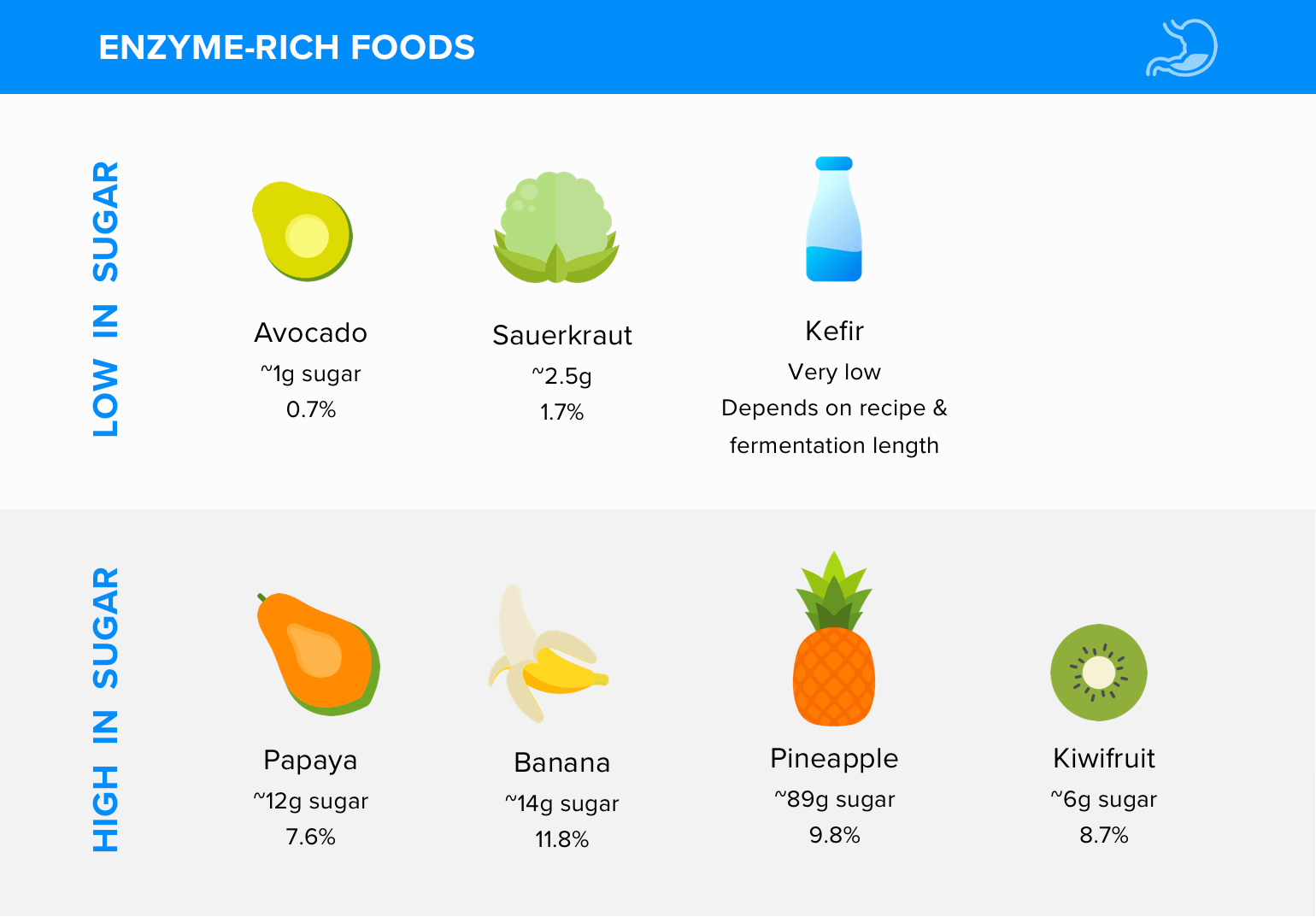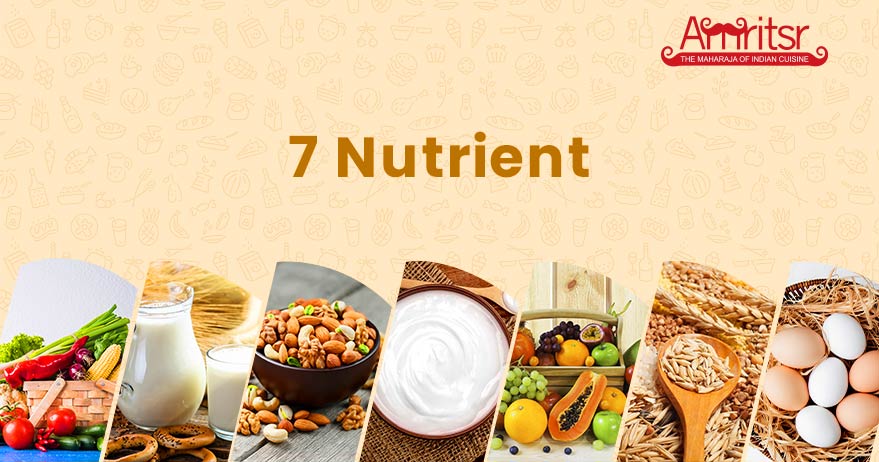Proper digestion and a healthy gastrointestinal system are vital for overall well-being. Two tropical fruits, papaya and pineapple, have gained recognition for their potential role in improving digestive health and alleviating symptoms associated with hemorrhoids. In this article, we will explore the top five helpful pieces of information about how papaya and pineapple can benefit your digestive system and provide relief from hemorrhoid symptoms. From their rich enzyme content to their high fiber and hydrating properties, these fruits offer a natural and nutritious approach to digestive wellness.
1, Rich in digestive enzymes.
Both papaya and pineapple are fruits that are rich in digestive enzymes, which can aid in the digestion process.
Papaya contains an enzyme called papain. Papain is a proteolytic enzyme, which means it helps break down proteins into smaller peptides and amino acids. This can be beneficial for individuals with difficulty digesting proteins or experiencing bloating and indigestion after consuming a protein-rich meal.
On the other hand, pineapple contains an enzyme called bromelain. Bromelain is also a proteolytic enzyme and works similarly to papain by aiding in the breakdown of proteins. It can help improve protein digestion and alleviate symptoms of indigestion.
By including papaya or pineapple in your diet, you may experience improved digestion, reduced bloating, and relief from constipation. These fruits can be particularly useful for individuals with digestive issues or those who consume protein-heavy meals. However, it's important to note that the effects of these enzymes may vary from person to person, and they may not be a sole solution for severe digestive problems.
It's always a good idea to consult with a healthcare professional or a registered dietitian if you have chronic digestive issues or concerns. They can provide personalized advice and guidance based on your specific needs.
2, High fiber content.
While papaya and pineapple do contain dietary fiber, it's important to note that they are not considered high-fiber fruits compared to some other fruits and vegetables. However, they can still contribute to a healthy digestive system.
Papaya contains about 2 grams of dietary fiber per 100 grams of fruit, while pineapple contains approximately 1.4 grams of dietary fiber per 100 grams. While these amounts are not exceptionally high, they can still contribute to your overall fiber intake.
Dietary fiber is indeed important for maintaining a healthy digestive system. It adds bulk to the stool, promotes regular bowel movements, and can help prevent constipation. By including fruits like papaya and pineapple in your diet, along with other fiber-rich foods such as whole grains, legumes, and vegetables, you can increase your overall fiber intake and support digestive health.
It's worth mentioning that there are other fruits and vegetables that are higher in fiber content than papaya and pineapple. For example, berries, apples, pears, and vegetables like broccoli, Brussels sprouts, and carrots are all excellent sources of dietary fiber. Including a variety of fruits and vegetables in your diet can provide a broader range of fiber and other beneficial nutrients.
Remember to stay hydrated and gradually increase your fiber intake to prevent any discomfort or digestive issues. If you have specific concerns or dietary requirements, consulting a healthcare professional or registered dietitian can provide personalized guidance.
3, Natural anti-inflammatory properties.
papaya and pineapple contain natural compounds with potential anti-inflammatory properties, which can be beneficial for reducing inflammation and alleviating symptoms associated with conditions like hemorrhoids.
Papaya contains enzymes such as papain, which, in addition to aiding digestion, have been studied for their potential anti-inflammatory effects. These enzymes may help reduce inflammation in the digestive tract, including the area affected by hemorrhoids.
Similarly, pineapple contains bromelain, an enzyme known for its anti-inflammatory properties. Bromelain has been studied for its potential to reduce inflammation in various conditions, including digestive disorders.
In addition to the enzymes, both papaya and pineapple are rich in antioxidants, such as vitamin C and various phytochemicals. Antioxidants help protect the body against oxidative stress and can have anti-inflammatory effects as well.
While the anti-inflammatory properties of papaya and pineapple may have potential benefits for reducing inflammation associated with hemorrhoids, it's important to note that these effects may vary from person to person, and the severity of the condition can also play a role.
It's always advisable to consult with a healthcare professional for a proper diagnosis and to discuss appropriate treatment options for hemorrhoids. They can provide personalized recommendations and guidance based on your specific situation.
4, Nutrient-rich fruits.
both papaya and pineapple are nutrient-rich fruits that provide essential vitamins, minerals, and antioxidants, which can support overall digestive health.
Papaya and pineapple are both excellent sources of vitamin C. Vitamin C is a powerful antioxidant that plays a crucial role in collagen synthesis, which helps maintain the health of blood vessels and connective tissues. By supporting collagen production, vitamin C can help promote healthy blood vessels, including those in the rectal area, and potentially help prevent the formation of hemorrhoids.
In addition to vitamin C, papaya and pineapple contain other beneficial nutrients. Papaya is a good source of vitamin A, folate, and potassium. It also provides dietary fiber, as mentioned earlier, which contributes to overall digestive health. Pineapple is rich in manganese, vitamin B6, and copper. Both fruits also contain various antioxidants, such as flavonoids and carotenoids, which have been associated with numerous health benefits.
Including papaya and pineapple, along with a variety of other fruits and vegetables, in your diet can provide a wide range of nutrients that support overall health, including digestive health.
However, it's important to note that while these fruits can contribute to a healthy lifestyle, they should not be considered as a sole treatment for hemorrhoids or any other medical condition. If you have specific health concerns or require medical advice, it's always best to consult with a healthcare professional.
5, Hydrating properties.
Proper hydration is essential for maintaining a healthy digestive system and promoting regular bowel movements. Both papaya and pineapple have high water content, which can contribute to overall hydration and support smooth bowel movements.
Staying hydrated is important for preventing or reducing the discomfort of hemorrhoids. When you are adequately hydrated, it helps soften the stool, making it easier to pass and reducing the strain on the rectal area. This can be particularly beneficial for individuals with hemorrhoids, as hard or dry stools can aggravate the condition and cause further discomfort.
Incorporating hydrating fruits like papaya and pineapple into your diet, along with consuming an adequate amount of water, can help maintain hydration levels and support proper digestion. It's worth noting that while these fruits can contribute to hydration, it's important to drink enough water throughout the day for optimal hydration.
In addition to hydration, the fiber content of these fruits, although not exceptionally high, can also help prevent constipation and promote regular bowel movements. Adequate fiber intake, combined with hydration, can have a positive impact on digestive health and potentially alleviate symptoms associated with hemorrhoids.
Remember to listen to your body's hydration needs and ensure you're consuming enough fluids, along with a balanced diet that includes a variety of hydrating fruits and vegetables, to support your overall well-being and digestive health.
Papaya and pineapple have long been celebrated for their contribution to digestive health. Their abundant digestive enzymes, high fiber content, anti-inflammatory properties, nutrient density, and hydrating nature all make them valuable additions to a healthy diet. Incorporating these fruits into your meals can support smooth digestion, alleviate discomfort, and promote regular bowel movements. However, it's important to remember that individual responses may vary, and it's advisable to consult with a healthcare professional for personalized guidance. By harnessing the benefits of papaya and pineapple, you can take proactive steps towards improving your digestive health and finding relief from hemorrhoid symptoms.

:max_bytes(150000):strip_icc()/FiberFoods-97e39f125cf14445a4ebf86d8132e70c.jpg)
:max_bytes(150000):strip_icc()/anti-inflammatory-diet-88752-primary-recirc-01ff699565be414a8c6aecf73d5b0848.jpg)

Comments
Post a Comment